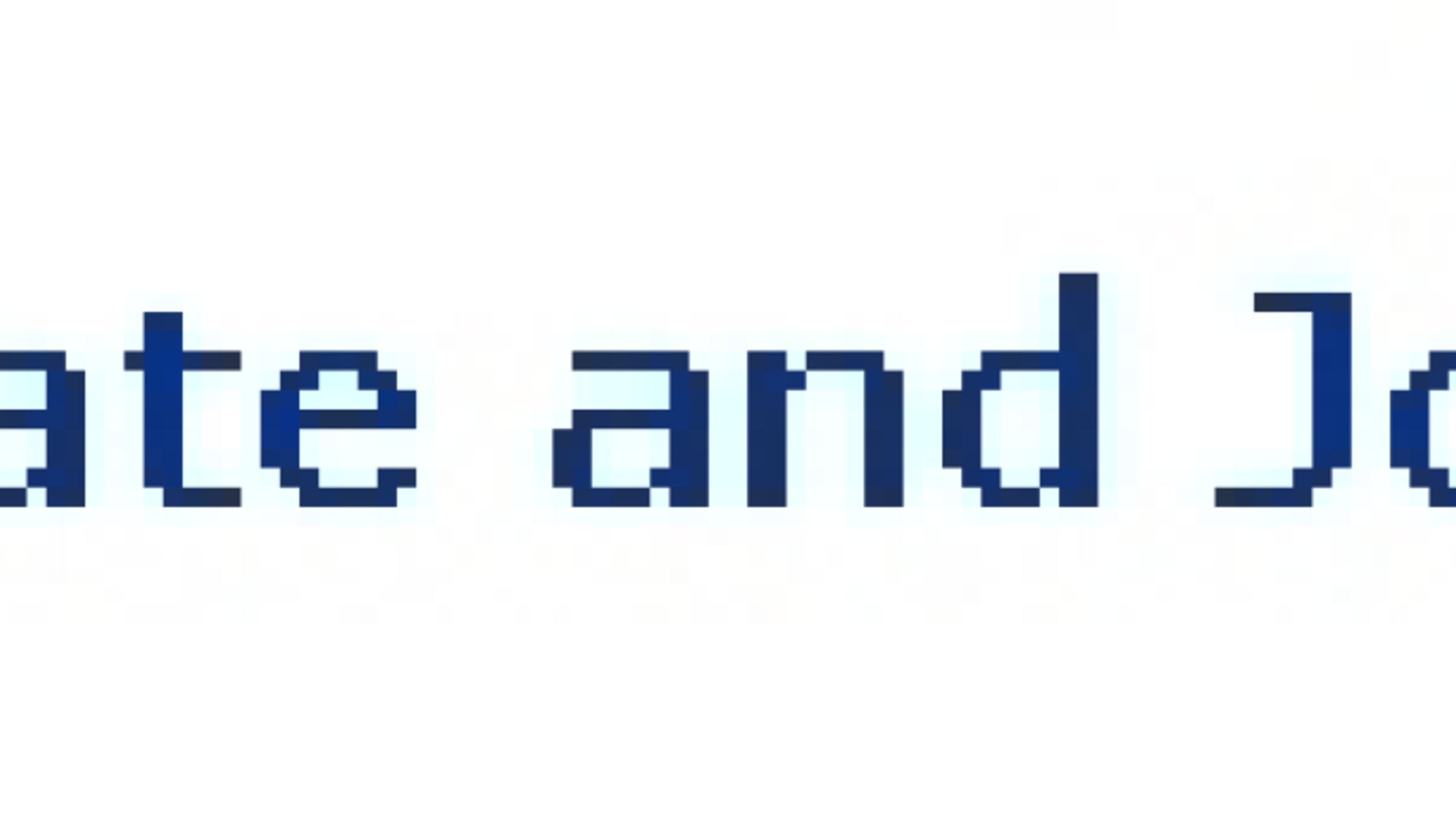Blog Pick of the Month – August 2009
It is the first of September, thus the time to award my Pick Of The Month award for August. There were 16 blog posts covering PLoS ONE articles aggregated on ResearchBlogging.org in August.
And this month, the winner is Bjoern Brembs. He starts his post like this:
Use it or lose it, they say. The saying holds not only for muscle fitness, but also for the brain. The Romans already knew that ‘mens sana in corpore sano‘ and today we know that both physical and mental fitness, exercise and training can stave off many signs of aging. Even debilitating diseases such as Alzheimer’s disease can be delayed, or at least their symptoms reduced by staying physically and mentally fit and active. I recently handled a manuscript in my function as Academic Editor for the journal PLoS One, which suggests that the analogy goes even further.
Yes, several of our Academic Editors are bloggers and, in their function as editors, they get to know manuscripts really well: reading several versions, reading reviews and communicating with authors and reviewers, so it is not surprising that their blog posts, when they write about papers they handle, are of exceptional quality. And I cannot discriminate against them just because they are a part of our “inner circle”, can I? I want to see more of them blog about papers they like or handle in PLoS ONE.
The article that Bjoern wrote about (and connected to his own from a couple of years ago) is this one:
Endogenous Human Brain Dynamics Recover Slowly Following Cognitive Effort by Anna Barnes, Edward T. Bullmore and John Suckling, all from the Brain Mapping Unit, Behavioural & Clinical Neurosciences Institute, Department of Psychiatry, University of Cambridge, Cambridge, United Kingdom:
Background
In functional magnetic resonance imaging, the brain’s response to experimental manipulation is almost always assumed to be independent of endogenous oscillations. To test this, we addressed the possible interaction between cognitive task performance and endogenous fMRI oscillations in an experiment designed to answer two questions: 1) Does performance of a cognitively effortful task significantly change fractal scaling properties of fMRI time series compared to their values before task performance? 2) If so, can we relate the extent of task-related perturbation to the difficulty of the task?
Methodology/Principal Findings
Using a novel continuous acquisition “rest-task-rest” design, we found that endogenous dynamics tended to recover their pre-task parameter values relatively slowly, over the course of several minutes, following completion of one of two versions of the n-back working memory task and that the rate of recovery was slower following completion of the more demanding (n = 2) version of the task.
Conclusion/Significance
This result supports the model that endogenous low frequency oscillatory dynamics are relevant to the brain’s response to exogenous stimulation. Moreover, it suggests that large-scale neurocognitive systems measured using fMRI, like the heart and other physiological systems subjected to external demands for enhanced performance, can take a considerable period of time to return to a stable baseline state.
Congratulations both to Bjoern and to the authors of the article. I have notified the winners and their prizes are on the way. I hope you read Bjoerns’s post and post a comment of your own, and then go to the article itself to read it and post comments, notes and ratings there as well.
